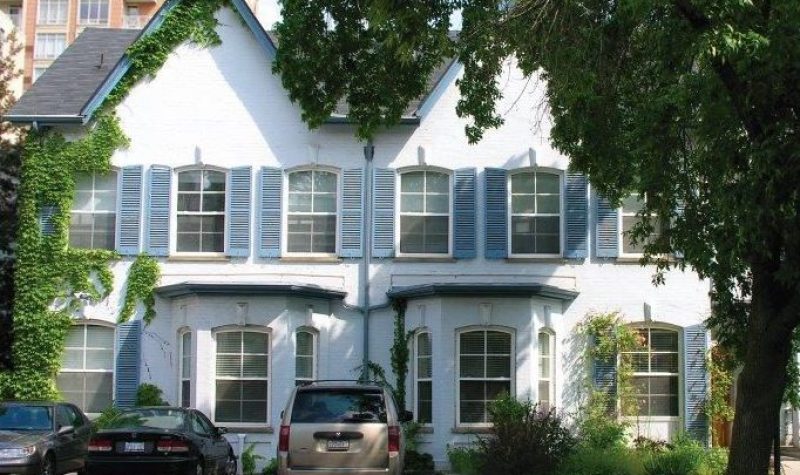Toronto is expanding the Community Crisis response service pilot project in the northwest and western parts of the city, according to a recent press release.
The project is known as SafeTO and was originally launched in March this year.
Two locations in the east and northeast areas of the downtown core were the initial operations.
Phase one of the expansion is led by the 2-spirited people of the First Nations. It launched on July 11 for the northwestern areas of Etobicoke and North York. The second phase, led by the Canadian Mental Health Association, will begin on July 18 for the western portion of the downtown core.
In early spring, the pilot projects were developed by the City of Toronto and branches of the city’s healthcare network to find alternative ways to respond to mental health crises without the need to call police.
Task forces comprised of nurses, social workers and others were established to help prevent the potential for physical or violent confrontations with residents.
The project is in response to a number of cases that led to violence or death when police were first responders—highly publicized cases include the deaths of Sammy Yetin and Ejaz Choudry.
Both individuals were shot by police when they were experiencing a mental health crisis.
In his recent press release included in a City of Toronto newsletter, Toronto Mayor Tory writes that the project remains committed to shifting towards "community-led, trauma-informed and person-centred models" with a focus on harm reduction.
To date, the project has responded to about 4,000 calls, and the city said it will continue to meet the unmet demand for accessible, culturally relevant mental health and substance use support.
Further, Tory acknowledged that there is a need for these types of initiatives, especially to eliminate any potential for violence.
The press release states that more than 30,000 persons in crisis calls were attended to in 2020, according to Toronto Police services.
Their data shows that this is a 28 per cent increase over the past five years.
The first phase of the project that launched in March continues to be led by the Gerstein Crisis Centre in the downtown east region. The TAIBU Community Health Centre oversees the Northeast region.
All four locations of the project outlined their common goals of providing "holistic care, primary healthcare and trauma counselling."
The expansion comes as distrust with Toronto Police services continues in the city, especially from several advocate groups.
This follows the apology issued from interim Toronto Police chief James Ramer when data was released in June that shows that Black people were almost three times more likely to be met with physical force when confronted by police.
CJRU contacted members of the Community Crisis response service team for comment about the recent expansion and future plans for the project. CJRU is awaiting a response.
More details to come.
Listen to CJRU's news update:


